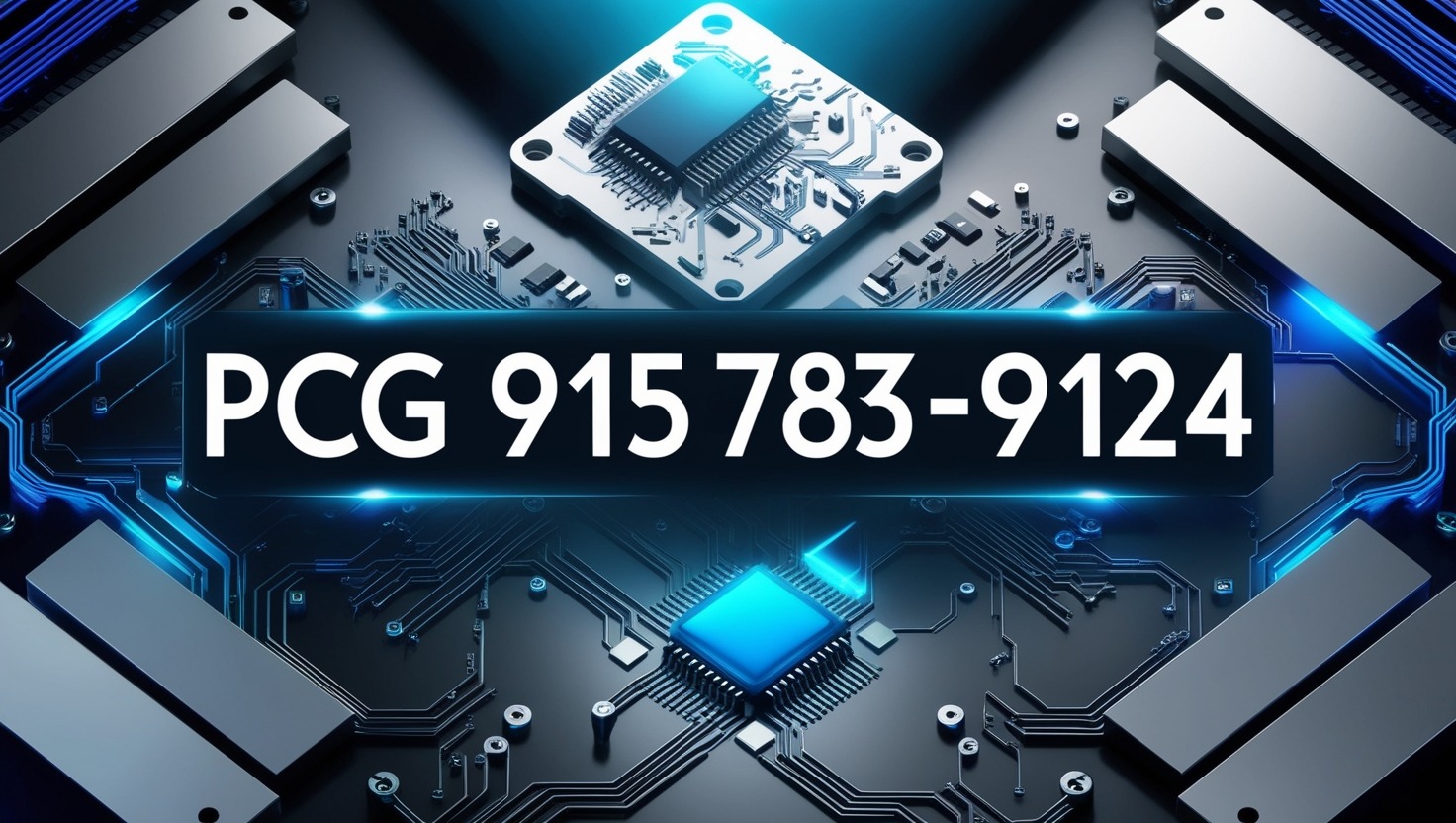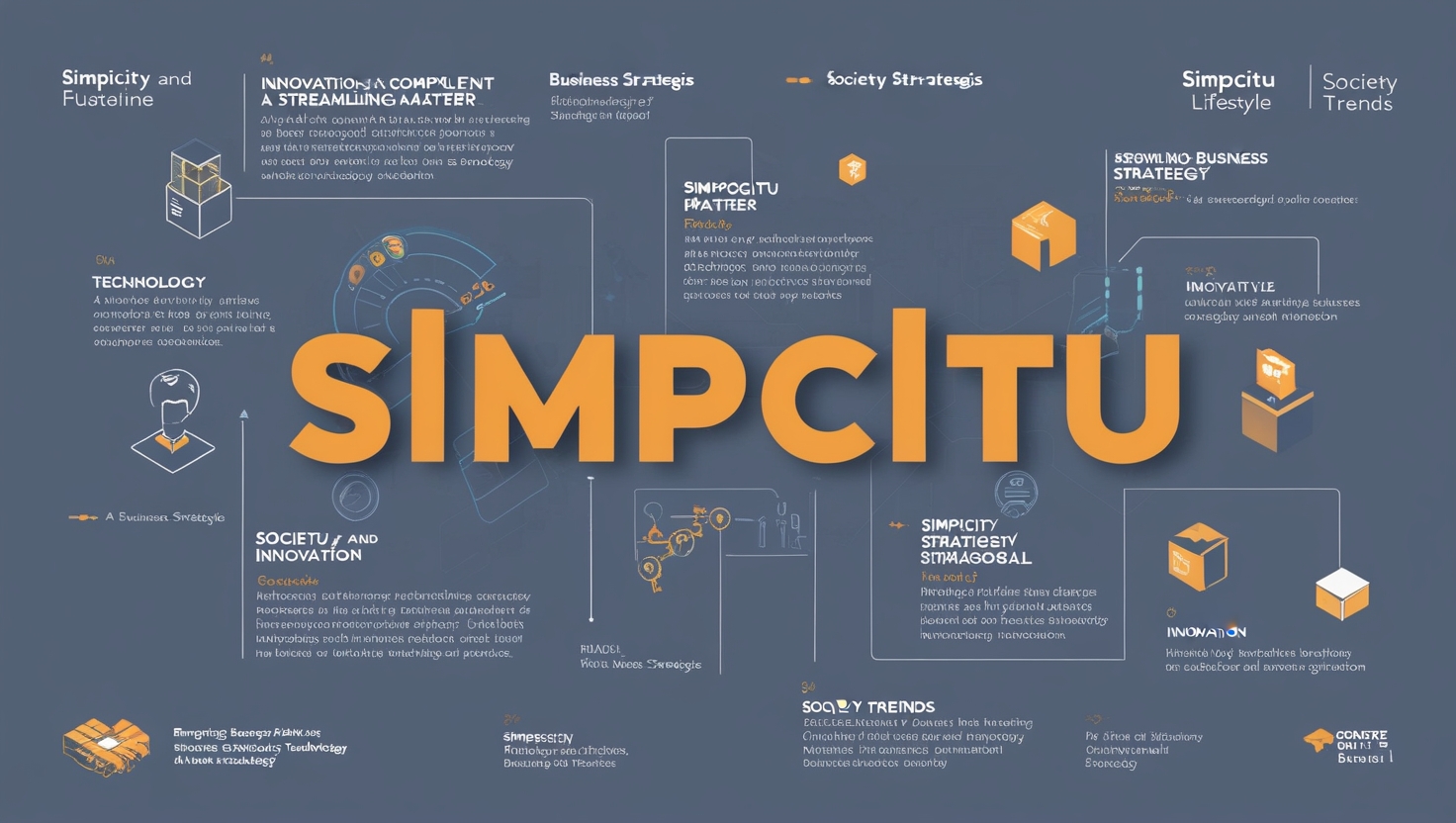PCG 913-578-9124 is a structured identifier or code widely recognized for its application in various industries, including logistics, telecommunications, and IT systems. Such identifiers are crucial for ensuring accurate tracking, efficient categorization, and effective management in complex environments. This article unpacks the significance, uses, and implications of PCG 913-578-9124, providing insights into its origin, purpose, and relevance in modern systems.
What is PCG 913-578-9124?
PCG 913-578-9124 is more than just a series of numbers and letters. It represents a unique identifier used in specific systems or applications, ensuring precision and organization in various processes.
1. Breakdown of the Identifier
- PCG: This prefix likely denotes a contextual meaning such as “Primary Code Group” or “Project Coding Guide.” It helps categorize the identifier for specific uses.
- 913-578-9124: The sequence itself could represent a regional code, departmental designation, or a sequential identifier for assets or entries.
2. Purpose and Role
Structured identifiers like PCG 913-578-9124 serve as critical components in:
- Data Management: Ensuring accurate record-keeping and retrieval.
- Asset Tracking: Assigning unique codes to assets for seamless monitoring and maintenance.
- Operational Efficiency: Streamlining workflows by providing clarity and eliminating ambiguities.
Applications of PCG 913-578-9124
1. Industry-Specific Uses
- Logistics: PCG 913-578-9124 can function as a shipment tracking number, linking goods to specific routes, schedules, and delivery timelines.
- Telecommunication: In network systems, this identifier might refer to device registrations, configurations, or customer accounts.
- IT Systems: It could be used as a unique database entry, connecting records across interconnected systems to ensure data integrity.
2. Case Study: Practical Implementation
Imagine a multinational logistics company managing a global supply chain. Each shipment is tagged with a unique identifier like PCG 913-578-9124, which:
- Links to detailed shipment data, including origin, destination, and contents.
- Provides real-time tracking updates to customers and stakeholders.
- Facilitates audits and reporting by creating a digital trail of transactions.
Significance of Unique Identifiers
1. Enhancing Accuracy and Traceability
Unique codes like PCG 913-578-9124 eliminate redundancies and ensure that every entity or record is distinguishable. This reduces errors and enhances accountability across systems.
2. Supporting Scalability
As organizations grow, the volume of data and assets increases exponentially. Structured identifiers enable seamless scalability by organizing and managing vast datasets efficiently.
3. Enabling Automation and Integration
Modern systems heavily rely on automation, and unique identifiers like PCG 913-578-9124 facilitate:
- Smooth integration across multiple platforms.
- Automation of repetitive tasks such as inventory updates or customer notifications.
- Real-time analytics and decision-making by providing precise data points.
4. Ensuring Data Security
In addition to their organizational benefits, identifiers can enhance security by linking access rights and encryption protocols. This ensures that sensitive data associated with identifiers like PCG 913-578-9124 remains protected.
Challenges and Considerations
1. Complexity in Implementation
Introducing a structured system using unique identifiers may require:
- Advanced IT infrastructure to manage and generate codes.
- Comprehensive staff training to ensure proper usage and understanding.
- Integration with legacy systems that may not support modern identifier protocols.
2. Risk of Misuse or Errors
Identifiers must be handled securely to prevent misuse, such as unauthorized access or data manipulation. Organizations should implement measures like:
- Regular audits to verify code usage.
- Robust encryption to safeguard sensitive information.
- Controlled access protocols to limit who can generate or alter identifiers.
3. Standardization Across Industries
The lack of universal standards for identifiers like PCG 913-578-9124 can pose challenges in multi-industry collaborations. Establishing cross-industry protocols can mitigate these issues.
Future of Structured Identifiers
1. Advancements in Technology
The increasing adoption of AI and IoT will further amplify the importance of structured identifiers. In systems where millions of devices communicate in real time, unique codes like PCG 913-578-9124 will be indispensable for:
- Ensuring data consistency.
- Enabling device-specific customization.
- Enhancing interoperability across platforms.
2. Greater Emphasis on Security
With rising concerns about data breaches and cyber threats, the role of identifiers in securing systems will become even more critical. Innovations like blockchain technology could revolutionize how identifiers are stored and accessed, making them tamper-proof and transparent.
3. Expansion to Emerging Fields
As industries like space exploration, biotech, and quantum computing grow, unique identifiers will find new applications. For instance:
- Tracking biological samples in research.
- Managing data from satellite networks.
- Organizing quantum computing processes.
Conclusion
PCG 913-578-9124 exemplifies the power of structured identifiers in driving efficiency, accuracy, and security across various industries. From streamlining supply chains to enhancing data management in IT systems, this identifier demonstrates the immense potential of organized coding systems. As technology evolves, the role of such identifiers will expand, making them foundational to modern organizational structures. By understanding and leveraging their capabilities, businesses can position themselves for greater success and adaptability in an increasingly interconnected world.
FAQs
1. What does PCG 913-578-9124 stand for?
PCG 913-578-9124 is a structured identifier commonly used for tracking, categorization, or management purposes in industries like logistics, IT systems, and telecommunications.
2. Why are structured identifiers like PCG 913-578-9124 important?
They ensure precision, enhance traceability, and streamline operations, reducing errors and improving efficiency in complex systems.
3. Where is PCG 913-578-9124 commonly used?
This identifier is widely used in logistics, telecommunications, and IT systems, where accurate tracking and data management are critical.
4. What challenges are associated with using identifiers like PCG 913-578-9124?
Challenges include implementation complexity, the need for robust security measures, and ensuring standardization across platforms or industries.
5. How can organizations secure identifiers like PCG 913-578-9124?
Organizations can secure such identifiers by implementing encryption, access controls, regular audits, and adopting technologies like blockchain for tamper-proof storage.
6. What is the future of structured identifiers?
The future of identifiers lies in their integration with advanced technologies like AI, IoT, and blockchain, enabling greater scalability, security, and cross-industry applicability. complexity, potential misuse, and the need for advanced infrastructure and security protocols.










